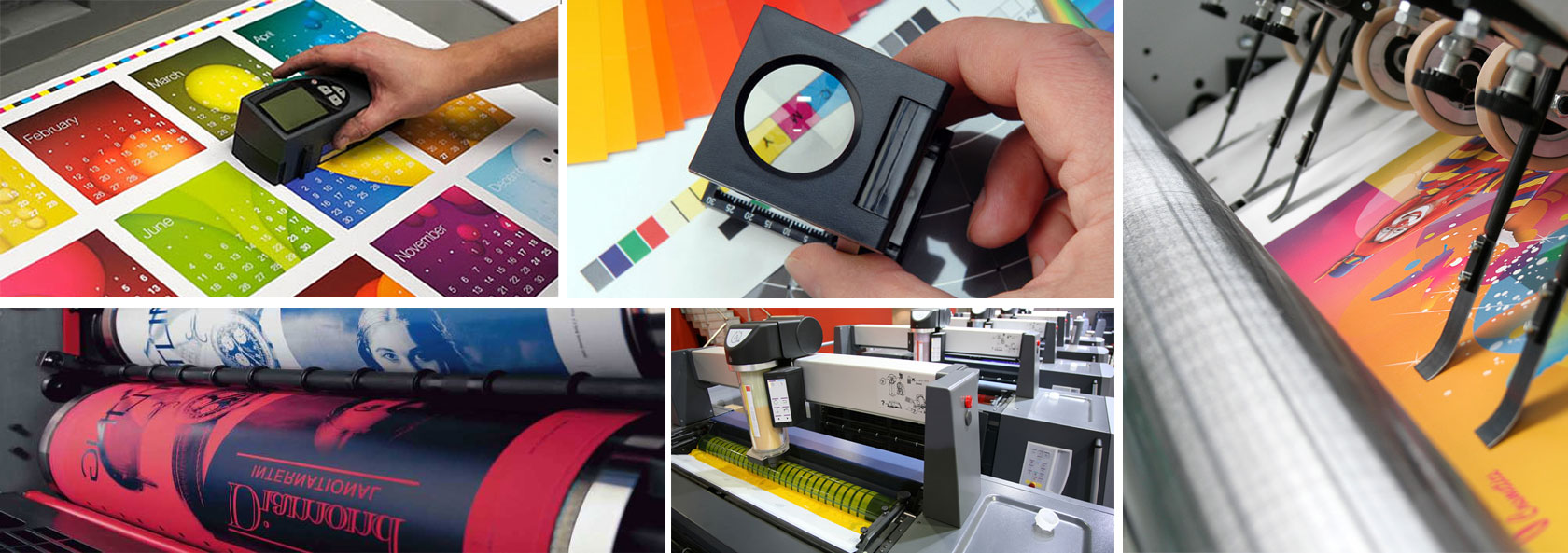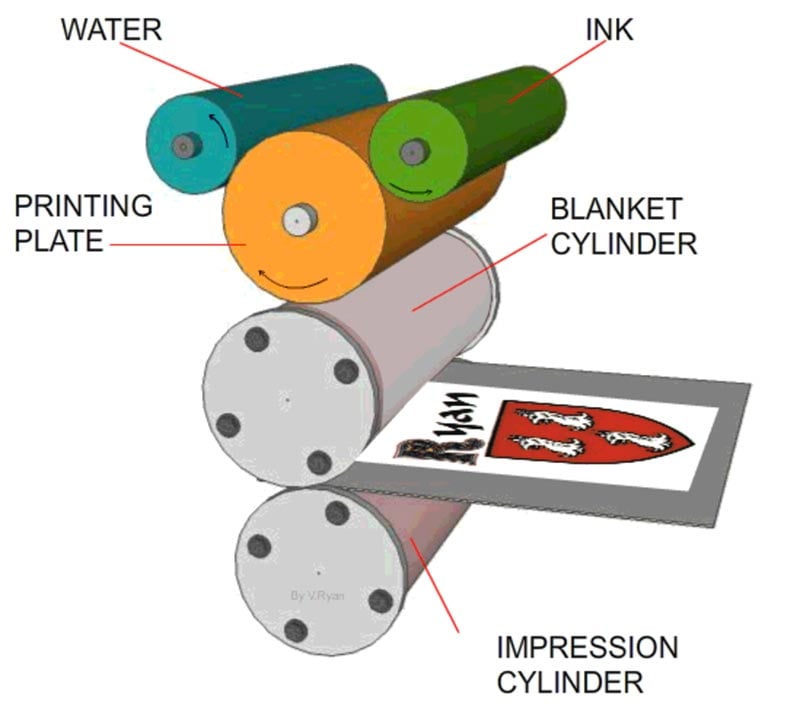The Benefits of Using litho printing for Promotional Prints
The Benefits of Using litho printing for Promotional Prints
Blog Article
A Comprehensive Overview to Recognizing Litho Printing Strategies
The globe of litho printing, a strategy originating from the late 18th century, is a remarkable blend of background, advancement, art and science. This comprehensive guide will unwind the complexities of this printing approach, from the structure of litho inks to the challenges encountered in modern applications. As we venture right into the details of lithography, the relevance of automation and sustainability in guaranteeing its future importance comes to be significantly clear. Remain with us as we journey into the captivating world of litho printing.
The Historic Evolution of Litho Printing
The historic trajectory of litho printing, a crucial innovation in the world of communication, is a captivating story of human resourcefulness. Birthed in the late 18th century by Alois Senefelder, this technique was originally a cost-effective method of releasing staged jobs. Lithography, stemmed from the Greek words for 'stone' and 'to compose', used a smooth rock surface area to transfer pictures onto paper. The process evolved with the advent of the rotary press, which substantially raised productivity (litho printing). In the 20th century, the development of offset lithography transformed the sector, enabling mass manufacturing of high-quality prints. Each stage of litho printing's evolution showcases humankind's ruthless quest of effectiveness and high quality in visual interaction.
Translating the Scientific Research Behind Litho Printing Inks
Moving on in the expedition of litho printing methods, the focus currently changes to the scientific research behind litho printing inks. The make-up of these inks, their drying out process, and color mixing strategies create the foundation of this complicated art form. Understanding these components is essential to mastering the craft and attaining the wanted print outcomes.
Structure of Litho Inks
In lithographic printing, the essential duty of litho inks can not be overemphasized. Pigments, the color-providing components, are carefully ground bits suspended in the car, a fluid that lugs the pigment onto the printing surface. Each part plays an important component in the final print's quality, making the accurate formula of litho inks a detailed scientific research.
Ink Drying Process
From the make-up of litho inks, interest turns to the fascinating process of ink drying out. 2 key methods are used in litho printing: oxidative drying out and absorption. Absorption, on the various other hand, involves the ink permeating right into the paper fibers, which is a quicker procedure but can lead to less lively shades.
Color Mixing Techniques
While the drying procedure plays a vital role in litho printing, the science of color blending methods holds equivalent value. This is a complicated procedure that involves the careful blending of main shades: cyan, magenta, and yellow, in varying percentages to achieve a large range of tones. The addition of black ink, called 'key', aids in controling the strength and deepness of the colors. The scientific research behind litho printing inks additionally considers the openness of the ink, which affects exactly how colors overlay and mix. To attain an effective color mix, print specialists need to likewise comprehend the details of ink habits, color concept, and the physical residential Click Here or commercial properties of the substratum on which the ink is applied.
The Art and Style Elements in Litho Printing
Litho printing breathes life into art and design with its unique components. Litho printing suits a variety of colors, making it possible for musicians to produce dynamic and dynamic prints. This combination of precision and adaptability makes litho printing a favored selection for lots of artists and developers.
Modern Applications of Litho Printing Strategies
Litho printing techniques have located considerable usage in the modern industrial sector. Its impact and relevance continue to expand with the introduction of brand-new innovations and modern technologies in the field. This section will discover these contemporary applications and the transformative duty they play in the printing industry.
Commercial Litho Printing Uses
Litho printing stays a crucial component of the commercial industry. High-volume printing tasks, such as the production of publications, papers, and product packaging, rely on litho printing for its ability to deliver remarkable image quality and cost efficiency. Litho printing also offers a broad shade range, remarkable to that of electronic printing.
Developments in Litho Printing
Pressing the borders of standard techniques, modern developments have sustained a host of innovations in litho printing. One famous development is digital litho printing, which integrates the virtues of digital modern technology with litho's top notch output. These advancements underscore the enduring significance of litho printing in the modern-day world.
Checking out the Refine of Litho Printing: Action by Step

Obstacles and Solutions in Contemporary Litho Printing

Regardless of the accuracy and practice that litho printing happily promotes, it is not without its collection of modern difficulties. One of the most prevalent concerns consist of the high preliminary setup expense, difficulty in printing variable data, and environmental concerns due to chemical usage. However, options are emerging as modern technology progresses. Digital litho printing permits affordable short runs and very easy customization, dealing with the problem of variable information. Environmentally-friendly inks and safer plate-making processes mitigate environmental issues. In addition, innovations in automation have actually lowered labor costs, better equalizing the lithography procedure. Therefore, while there are challenges, the litho printing market is proactively adapting to meet them head-on, guaranteeing its importance in the future.
Conclusion
In verdict, litho printing, with its rich background and clinical ins and outs, holds a considerable place in the print market. The future of litho printing hinges on its ability to adjust to these changing needs, verifying its long-lasting value in a progressing market.

Report this page